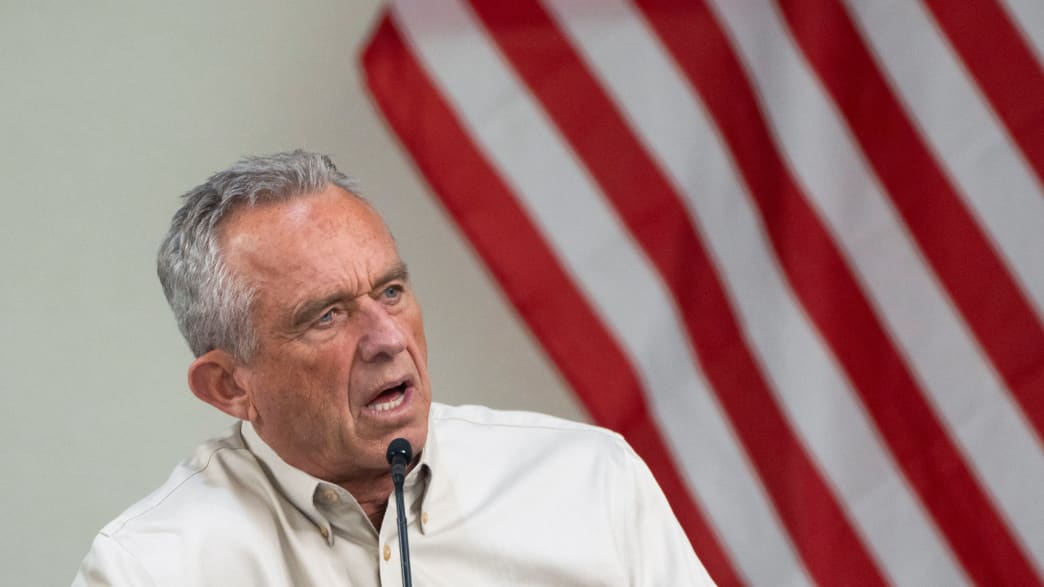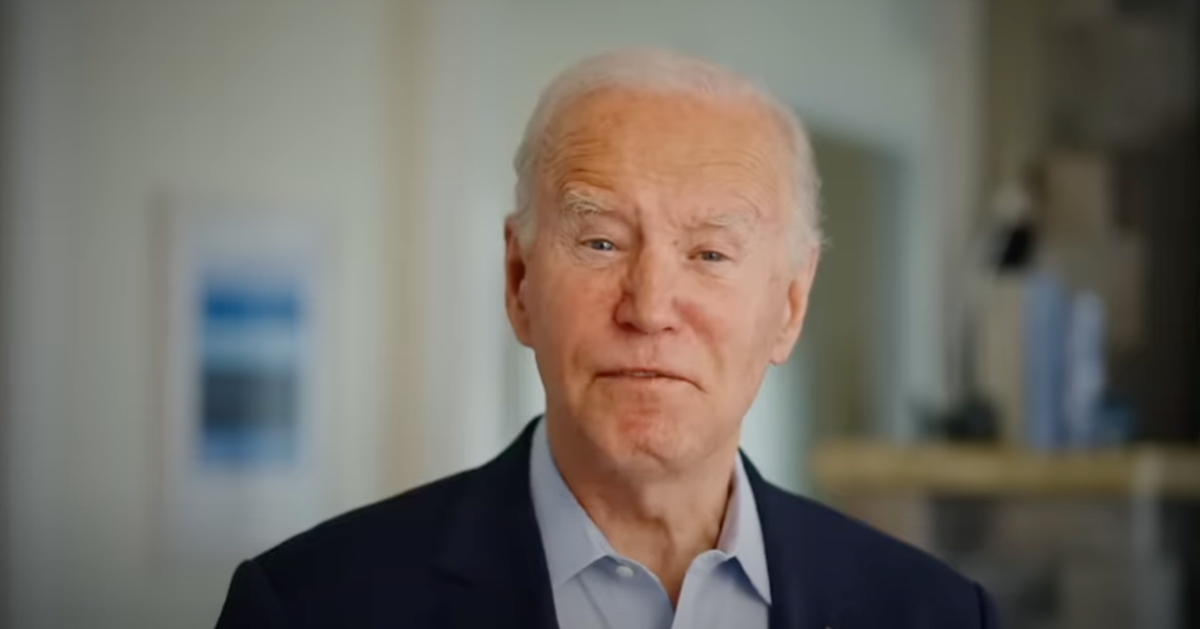Zuckerberg Admits Facebook Suppressed Hunter Biden Laptop Story
Meta CEO Mark Zuckerberg has acknowledged that Facebook played a role in limiting the visibility of the Hunter Biden laptop story after receiving a caution from the FBI about a possible Russian disinformation campaign.
This revelation came as Zuckerberg admitted that the social media giant's decision was influenced by concerns that the story could have been part of a broader operation to mislead the American public amid the 2020 presidential election, as Breitbart reports.
In a letter to Rep. Jim Jordan, Zuckerberg explained that Facebook, in response to the FBI’s warning, sent the story to its fact-checkers and took the extra step of temporarily demoting its visibility on the platform.
The move was purportedly made out of an abundance of caution, given the FBI's advisory about potential Russian interference in the 2020 presidential election.
Zuckerberg Reflects on Decision
Zuckerberg stated that, in hindsight, the decision to demote the story was a mistake. He emphasized that the Hunter Biden laptop story was later confirmed not to be Russian disinformation.
Reflecting on the actions taken, Zuckerberg acknowledged that Facebook should not have demoted the story and that the platform has since revised its policies to prevent similar occurrences in the future.
The story in question gained significant attention when it was published by Breitbart News political editor Emma-Jo Morris in October 2020. According to Morris, the FBI had been aware of the laptop's authenticity since December 2019, well before the story became a focal point during the presidential campaign.
Facebook Changes Policies After Controversy
Following the controversy, Zuckerberg informed that Facebook has updated its procedures. One of the most notable changes is that Facebook no longer temporarily demotes content in the U.S. while waiting for fact-checkers to verify it. This policy adjustment aims to prevent the unintended suppression of legitimate news stories in the future.
Zuckerberg's admission highlights the challenges faced by social media platforms in navigating the complex landscape of information during politically charged periods.
His comments suggest that the balance between preventing the spread of misinformation and ensuring that legitimate news is not censored is a delicate one, requiring constant evaluation and adjustment.
FBI's Role in Shaping Social Media Responses
The FBI's involvement in advising Facebook to scrutinize the Hunter Biden laptop story underscores the agency's active role in addressing potential threats to election integrity.
The bureau’s warning to Facebook was part of a broader effort to mitigate the impact of foreign disinformation campaigns, which had previously influenced public discourse in the 2016 election.
However, Zuckerberg's revelation that the story was ultimately not Russian disinformation raises questions about the criteria used to assess such warnings and the potential consequences of acting on them prematurely. The decision to demote the story has sparked debates about the influence of government agencies on social media content moderation and the potential for overreach.
Impact on Public Perception of Facebook
The suppression of the Hunter Biden laptop story has had lasting implications for Facebook's public image. Critics have accused the platform of being overly cautious, potentially to the detriment of public discourse. Supporters of the decision argue that Facebook was acting responsibly by heeding the FBI's warning, even if the outcome was later proven to be unwarranted.
Zuckerberg's admission may be seen as an attempt to restore trust in Facebook's commitment to transparency and its ability to handle sensitive information without undue influence. By acknowledging the error and outlining the steps taken to prevent a recurrence, Zuckerberg aims to reassure users that the platform is evolving in response to past missteps.
Conclusion
Meta CEO Mark Zuckerberg's admission that Facebook demoted the Hunter Biden laptop story after receiving a warning from the FBI about potential Russian disinformation has reignited discussions about the role of social media in shaping public perception during critical moments.
Zuckerberg's reflection on the decision and the subsequent policy changes highlight the complexities of content moderation in the digital age.
As Facebook continues to refine its approach, the balance between safeguarding against disinformation and ensuring the free flow of information remains a critical challenge for the platform and its leadership.






